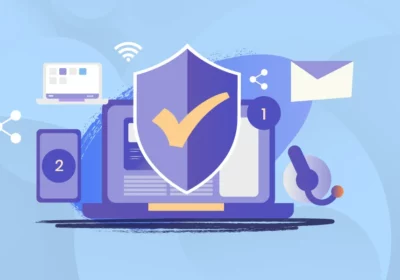Catching a cheating spouse can be difficult, but it is possible. There are a number of things you can do to look for signs of infidelity and to gather evidence to prove your suspicions.
1. Pay attention to changes in behavior. If your spouse is cheating, they may start to act differently. They may be more secretive, withdrawn, or irritable. They may also start to spend more time away from home or to dress more provocatively.
2. Check their phone and computer. If your spouse is cheating, they may be communicating with their lover via text message, email, or social media. You can check their phone and computer for suspicious messages or activity.
3. Follow them. If you suspect that your spouse is cheating, you can follow them to see where they go and who they meet with. Be careful not to get caught, as this could damage your relationship.
4. Hire a private investigator. If you are unable to catch your spouse cheating on your own, you can hire a private investigator. Private investigators have the experience and resources to track down your spouse and gather evidence of infidelity.
Here are 26 more ways to catch a cheating spouse:
- Look for changes in their physical appearance. If your spouse is cheating, they may start to pay more attention to their appearance. They may dress nicer, get a new haircut, or start going to the gym more often.
- Pay attention to their body language. If your spouse is cheating, they may avoid eye contact, fidget, or cross their arms when they are talking to you. They may also be more affectionate with you in public than they are at home.
- Check their credit card statements. If your spouse is cheating, they may be spending money on their lover. Check their credit card statements for suspicious charges.
- Look for unexplained absences. If your spouse is cheating, they may start to work late, go on business trips, or have other unexplained absences.
- Pay attention to their mood swings. If your spouse is cheating, they may be more irritable, withdrawn, or depressed. They may also have sudden mood swings.
- Look for changes in their sexual habits. If your spouse is cheating, they may lose interest in sex or become more demanding in bed. They may also start using new sexual positions or techniques.
- Check their social media accounts. If your spouse is cheating, they may be posting photos or messages with their lover on social media. You can also check their friend list to see if they are connected to any suspicious people.
- Look for changes in their routine. If your spouse is cheating, they may start to change their routine. They may go to the gym at a different time, come home from work late, or start spending more time on their phone or computer.
- Pay attention to their friends. If your spouse is cheating, their friends may know about it. Try to talk to their friends to see if they can give you any information.
- Ask them directly. If you suspect that your spouse is cheating, you can ask them directly. However, be prepared for them to deny it.
If you are able to catch your spouse cheating, it is important to decide what you want to do next. You may want to confront them, try to work on your relationship, or end the marriage. It is important to do what is best for you and your family.
Here are some things to keep in mind when trying to catch a cheating spouse:
- Be careful not to become obsessed. It is important to remember that your spouse is not your property and that you cannot control their behavior. If you become too obsessed with catching them cheating, it will only damage your own mental and emotional health.
- Don’t put yourself in danger. If you suspect that your spouse is cheating, it is important to be careful not to put yourself in danger. If you are following them, be sure to do so from a distance.
- Don’t violate their privacy. It is important to respect your spouse’s privacy, even if you suspect that they are cheating. Snooping on their phone or computer is a violation of their privacy and could damage your relationship.
If you are unsure whether or not your spouse is cheating, it is important to talk to a trusted friend or family member. They can offer support and advice. You can also talk to a therapist or counselor. They can help you to deal with your emotions and to make decisions about your relationship.



